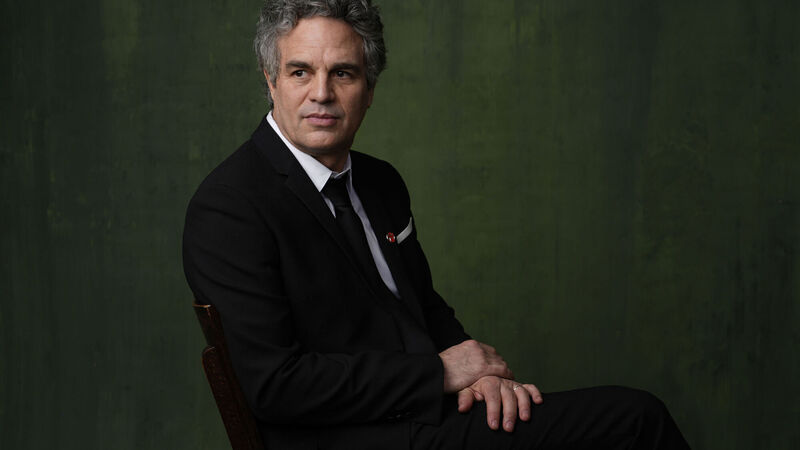Playful role sends Mark Ruffalo back to his roots

Mark Ruffalo. Photo: AP/Chris Pizzello
Try from €1.50 / week
SUBSCRIBEQ: Congratulations on ‘Poor Things’, what a character. He’s so horrible! Were you nervous about taking him on?
A: Yeah, I had never done anything quite like that. I mean, I was skating around it but never had done an accent like that, I hadn’t done a period piece.
Already a subscriber? Sign in
You have reached your article limit.
Annual €130 €80
Best value
Monthly €12€6 / month
Introductory offers for new customers. Annual billed once for first year. Renews at €130. Monthly initial discount (first 3 months) billed monthly, then €12 a month. Ts&Cs apply.
CONNECT WITH US TODAY
Be the first to know the latest news and updates
Newsletter
Keep up with stories of the day with our lunchtime news wrap and important breaking news alerts.

Select your favourite newsletters and get the best of Irish Examiner delivered to your inbox
Monday, February 9, 2026 - 10:00 PM
Monday, February 9, 2026 - 9:00 PM
Monday, February 9, 2026 - 5:00 PM
© Examiner Echo Group Limited